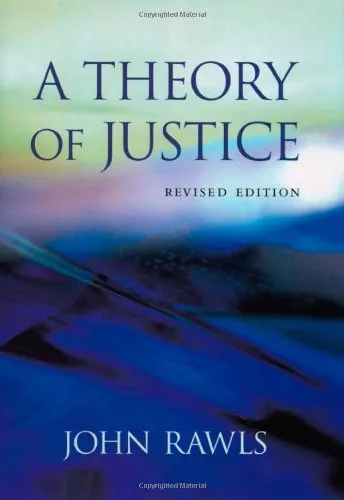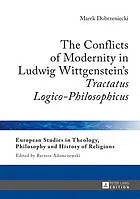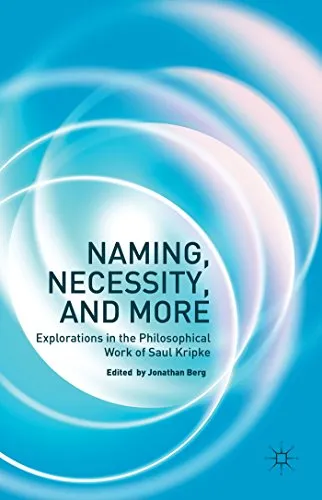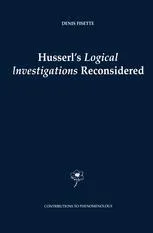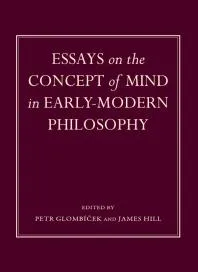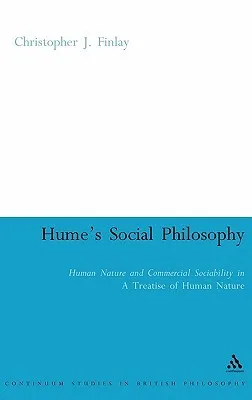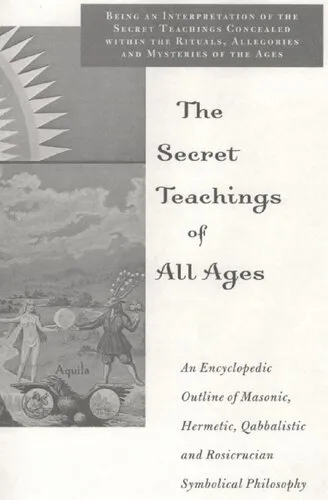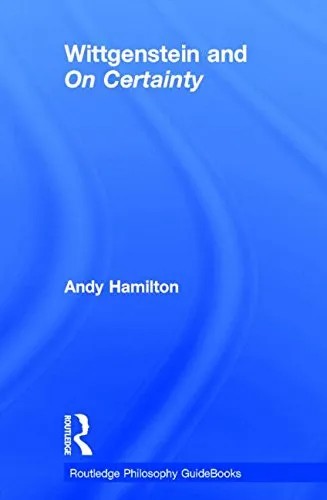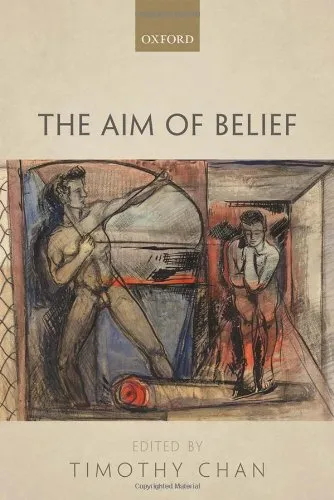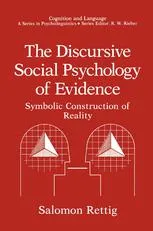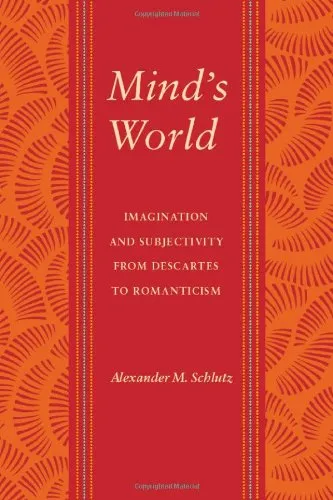A Theory of Justice
4.5
بر اساس نظر کاربران

شما میتونید سوالاتتون در باره کتاب رو از هوش مصنوعیش بعد از ورود بپرسید
هر دانلود یا پرسش از هوش مصنوعی 2 امتیاز لازم دارد، برای بدست آوردن امتیاز رایگان، به صفحه ی راهنمای امتیازات سر بزنید و یک سری کار ارزشمند انجام بدینکتاب های مرتبط:
معرفی کتاب 'A Theory of Justice'
کتاب 'A Theory of Justice' اثر جان رالز، یکی از مهمترین آثار فلسفه سیاسی قرن بیستم به شمار میآید که اصول عدالت را بر مبنای قرارداد اجتماعی و ترتیبات بنیادینی که جامعه باید بر اساس آنها ساخته شود، تعریف میکند.
خلاصهای از کتاب
کتاب 'A Theory of Justice' تلاش برای ارائه نظریهای جایگزین برای فلسفه سیاسی کلاسیک است که غالباً بر اساس سودگرایی بنا شده است. رالز بهجای سودگرایی، نظریه خود را بر پایه اصولی از عدالت مبتنی بر قرارداد اجتماعی طرح میکند، به طوری که در «پرده جهل» و بدون آگاهی از موقعیتهای اجتماعی خود، اصولی عمومی برای اجرای عدالت انتخاب کنند. به اعتقاد رالز، این اصول باید نیازهای اساسی هر فرد را برآورده کند و تبعیض ناعادلانه را از میان بردارد.
در این راستا، رالز دو اصل اساسی را مطرح میکند: اصل اول مربوط به آزادیهای بنیادی سیاسی و مدنی است که برای همه افراد به طور مساوی در دسترس باشد. اصل دوم که «اصل تفاوت» نامیده میشود، بیان میکند که نابرابریهای اجتماعی و اقتصادی باید به گونهای باشد که بیشترین سود را برای کمبرخوردارترین اعضای جامعه به همراه داشته باشد. این دو اصل مقدمهای برای دستیابی به یک ساختار اجتماعی عادلانه و منصفانه است.
نکات کلیدی
- پیشنهاد یک چارچوب نظری برای عدالت بر پایه قرارداد اجتماعی
- معرفی مفهوم «پرده جهل» برای انتخاب اصول عدالت
- تضاد با فلسفه سودگرایی و تلاش برای جایگزینی اصولی که نیازهای بنیادی انسانها را محترم بشمارد
- توجه به عدالت به عنوان یکی از فضیلتهای اساسی در ساختار اجتماعی
نقلقولهای معروف
«عدالت، فضیلت اول نهادهای اجتماعی است، مانند حقیقت که برای سامانههای فکری اولویت دارد.»
«هرکس باید حقوق و آزادیهای اساسی مشابهی برای همه داشته باشد که با دیگران برابر باشد.»
اهمیت کتاب
کتاب 'A Theory of Justice' با ارائه چارچوبی بنیادی برای تحلیل عدالت و جایگزین کردن اصول سودگرایانه با اصول مبتنی بر حقوق برابر و تفاوت، نقش عمدهای در فلسفه سیاسی و نظریه عدالت ایفا میکند. این کتاب توانسته است مباحث فراوانی در زمینه عدالت اجتماعی، حقوق بشر و فرایندهای دموکراتیک ایجاد کند و به عنوان منبعی کلیدی برای پژوهشگران و دانشمندان در این حوزه ارائه شود. بیتردید، مطالعه این کتاب یک گام ضروری است برای کسانی که میخواهند نگرشی عمیقتر و روشنتر به مفاهیم عدالت در جوامع مختلف داشته باشند.
Introduction to 'A Theory of Justice'
Published in 1971, John Rawls' "A Theory of Justice" is a seminal work in the field of political philosophy, fundamentally reshaping our understanding of social justice and fairness. Through a meticulous exposition of principles, Rawls invites readers to rethink the distribution of rights, duties, and resources within a society.
Detailed Summary of the Book
The core objective of "A Theory of Justice" is to offer an alternative to utilitarianism, proposing a model of justice grounded in fairness and equitability. Rawls introduces the concept of the "original position," a hypothetical scenario where rational individuals select principles of justice from behind a "veil of ignorance." This veil obscures all knowledge of personal characteristics and social status, ensuring that choices are made fairly and impartially.
The resulting principles, according to Rawls, would prioritize basic liberties and guarantee equal access to opportunities. Additionally, economic inequalities would be organized to benefit the least advantaged, illustrating what he refers to as the "difference principle." Together, these ideas form the foundation of what Rawls describes as "justice as fairness."
Rawls extensively argues against utilitarianism by underscoring its potential to compromise individual rights in the promotion of overall happiness. He emphasizes that a just society must independently safeguard the rights and dignity of all individuals, regardless of broader social gains. The book's intricate arguments are supported by robust philosophical reasoning, drawing on insights from historical figures such as Immanuel Kant and Jean-Jacques Rousseau.
Key Takeaways
Rawls' "A Theory of Justice" is rich with insights, and several key takeaways stand out:
- Original Position and Veil of Ignorance: These concepts are powerful tools for envisioning fair decision-making processes in the absence of personal biases.
- Priority of Liberty: Rawls asserts that individual rights and liberties are paramount, and any limitations on them must be justified.
- The Difference Principle: This principle advocates for social and economic arrangements that benefit the least advantaged members of society.
- Critique of Utilitarianism: Rawls raises significant ethical questions about utilitarianism's potential to violate individual rights for the sake of greater happiness.
Famous Quotes from the Book
John Rawls' writing is celebrated for its clarity and depth. Here are some notable quotes from "A Theory of Justice":
"Justice is the first virtue of social institutions, as truth is of systems of thought."
"Each person possesses an inviolability founded on justice that even the welfare of society as a whole cannot override."
"The principles of justice are chosen behind a veil of ignorance."
Why This Book Matters
"A Theory of Justice" matters because it challenges and enhances our understanding of justice in a democratic society. By prioritizing fairness, Rawls’ theory offers a robust framework for evaluating and improving the social and political institutions that govern our lives.
The book's introduction of the "original position" and the "veil of ignorance" has become fundamental to contemporary debates on ethics and justice, with implications for law, economics, and politics. Its influence extends into practical affairs, as policymakers and scholars continue to leverage these concepts in the pursuit of more just and equitable societies.
Ultimately, "A Theory of Justice" remains a cornerstone of modern philosophical discourse, urging us to consider how societies can be structured in ways that uphold the dignity and rights of every person.
دانلود رایگان مستقیم
شما میتونید سوالاتتون در باره کتاب رو از هوش مصنوعیش بعد از ورود بپرسید
دسترسی به کتابها از طریق پلتفرمهای قانونی و کتابخانههای عمومی نه تنها از حقوق نویسندگان و ناشران حمایت میکند، بلکه به پایداری فرهنگ کتابخوانی نیز کمک میرساند. پیش از دانلود، لحظهای به بررسی این گزینهها فکر کنید.
این کتاب رو در پلتفرم های دیگه ببینید
WorldCat به شما کمک میکنه تا کتاب ها رو در کتابخانه های سراسر دنیا پیدا کنید
امتیازها، نظرات تخصصی و صحبت ها درباره کتاب را در Goodreads ببینید
کتابهای کمیاب یا دست دوم را در AbeBooks پیدا کنید و بخرید
1557
بازدید4.5
امتیاز0
نظر98%
رضایتنظرات:
4.5
بر اساس 0 نظر کاربران
Questions & Answers
Ask questions about this book or help others by answering
No questions yet. Be the first to ask!
